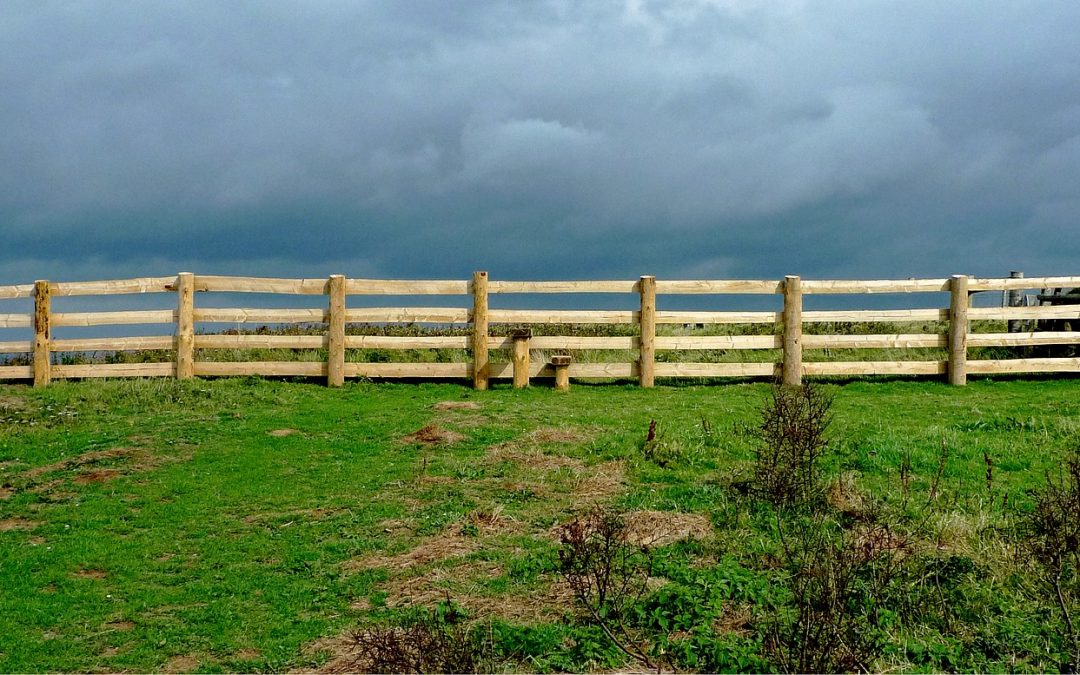The idea of having personal boundaries is not new. Call it whatever you wish – protection, limits, walls, barriers – the purpose is the same. Healthy personal boundaries help keep you safe, secure and engaged with the world in a balanced way. They help you stay true to yourself. This sounds so easy, but it isn’t always so.
Understanding where we stop and the world begins takes some experimentation and life experiences. It starts from birth. Relationships with others become our classroom; the curriculum of life is how we learn the lessons. Establishing our boundaries is how we become familiar with our wants and needs and those of others; we learn when to give and receive; we learn to stop or proceed. It is also where we take on roles, responsibilities, attitudes and reactions to what life sends our way. Sometimes we take on what others think we should or shouldn’t do, rather than what our true self would like. Learning how to say, “No”, to others’ unreasonable demands and expectations of us is crucial to setting successful boundaries. Yet how many of us can easily say, “No” to others?
Healthy boundaries show a high level of self-respect – and respect for others. If we don’t respect ourselves how can we expect others to? Or, put another way, why should others respect us if we don’t have a strong sense of self and self-respect? Boundaries help us to be supportive of others without taking on their pain, emotions or problems. Boundaries protect us from those who want or need to control, manipulate or dump their responsibilities onto others. When we understand the behaviours, motivations and personalities of others, we can choose how to be involved with them without losing ourselves in the relationship. And sometimes, we have to be strong enough in our personal power to say “No” to a relationship that isn’t in our best or healthiest interest.
The idea of healthy boundaries means we stop negative, hurtful experiences and people from invading our personal space, yet we allow positive and loving ones to come closer. The decision for distance or intimacy is ours to make. For those who have suffered abuse, the boundaries can be either too strong or weak. If too strong, these folks block themselves from everything – including positive, loving experiences and people – from entering their lives. If too weak, they can’t protect themselves enough from being hurt or abused and so the hurt and pain continue.
To set healthy personal boundaries, we must understand the needs for balance, self-respect and honesty with ourselves first and then with others. Honoring ourselves this way is an important step in healing our deepest hurts and disappointments. It also gives us the opportunity to become more genuine in all our interactions and relationships. And this ultimately allows us the chance to create a deeper connection to those around us.
Article written by Pat Antoniak Registered Nurse-Registered Aromatherapist
and owner of the Natural Comfort Wellness Centre in Tsawwassen, BC.

